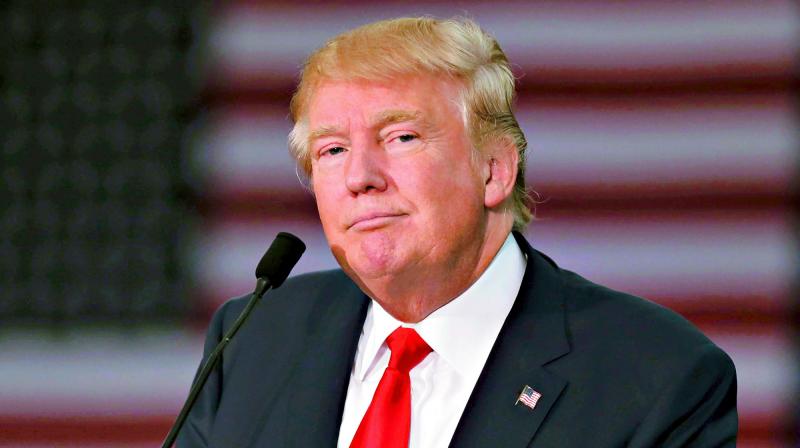Trump's move should not hit India-Iran ties

US President Donald Trump’s decision on Wednesday to pull out of the Iranian nuclear deal, which his predecessor Barack Obama painstakingly put together in 2015 with America’s closest Western allies in the UN Security Council, Britain and France, besides Russia and China, and Germany, can have likely unintended consequences.
We will know more in three to six months how all the other parties to the deal, which regretted and criticised the US decision, are doing in America’s absence, and whether the Joint Comprehensive Plan of Action (JCPOA) will still work.
One of the unanticipated results of the deal was on view straightaway, just after midnight Wednesday, as Iranian rockets in Syria apparently attacked Israeli troops illegally occupying Syria’s Golan Heights since the 1967 war, and the Israelis retaliated with force, striking Iranian targets in Syria. Does this have the potential to lead to outright hostilities, or will this military exchange only complicate the already fraught West Asia picture, that resembles a tinderbox at the best of times?
The Obama-initiated JCPOA curbed Tehran’s march toward production of nuclear weapons in exchange for lifting of sanctions imposed on it over an extended period. This gave Iran’s economy relief, and it could once again trade with the world and get investments, and its famed petroleum and gas production was back in business.
But Mr Trump wasn’t happy. He decried the JCPOA as one of the worst agreements ever. He wanted curbs on Iran’s missile development, and on Tehran’s rising influence in Syria and Iraq and its involvement in the Arab world as it went about fighting ISIS. Only two countries have voiced happiness with the American decision — Israel and Saudi Arabia, both arch foes of Tehran.
Remarkably, the US leader reneged on the JCPOA though the International Atomic Energy Agency, the UN atomic watchdog which has set the most stringent safeguards for Iran, has consistently reported Tehran has scrupulously stuck to its side of the deal.
This evidently means the US cannot be relied upon as a reliable partner internationally, and there is a lesson in this for India as well. Mr Trump’s America has already reneged on the Paris climate pact and the Trans-Pacific Partnership. In light of President Trump overturning the Iran deal, it’s not clear how much confidence North Korean dictator Kim Jong-un will have in US assurances when he holds his summit with Mr Trump on denuclearisation of the Korean Peninsula in the coming weeks.
India has a strong regional strategic partnership with Iran, as evident from the Chabahar developments, which impacts India’s relations with Afghanistan, and the North-South International Transport Corridor, besides the long-standing hydrocarbons relationship, which had been disrupted by US sanctions before 2015. New Delhi must assert this and find feasible ways for financial transactions with Tehran in light of fresh US sanctions.

